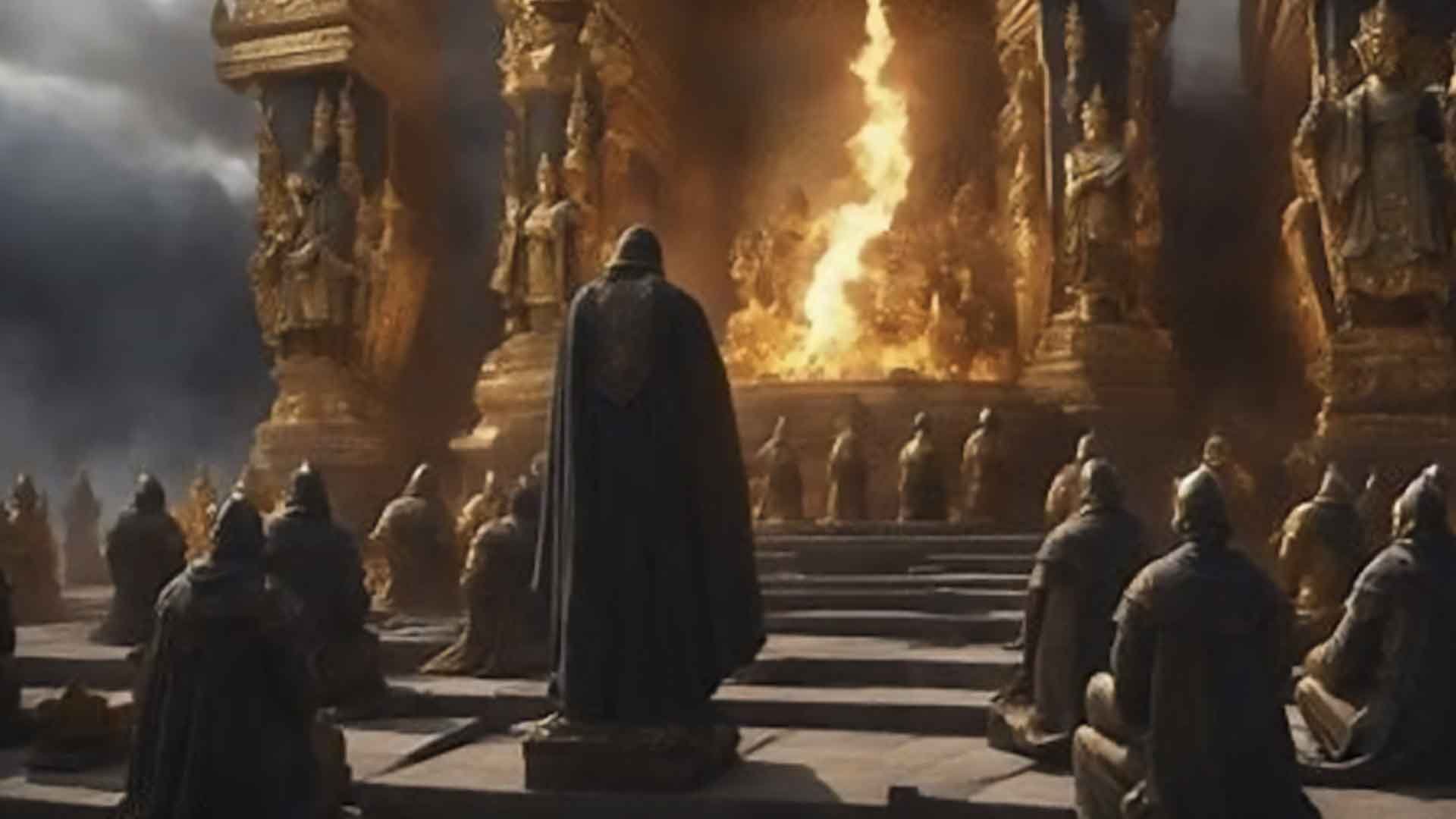For the source text click/tap here: Sanhedrin 65
To download, click/tap here: PDF
Our daf teaches that a witch is someone who seems to speak words from the dead through his/her armpit. A wizard is one who apparently speaks the words of the dead through his/her mouth. Both of these acts are punishable by stoning. One who asks for this service is liable to bring an offering.
The Gemara discusses why these two acts might be considered separately when they are mentioned in the Torah together.
The rabbis discuss whether or not there is a difference between these small actions and other small actions, including blasphemy. The rabbis question what "action" means. For example, is a spoken voice an action? This is particularly import in a system that relies on actions to define numerous legal realities.
We explore divination and necromancy.




















